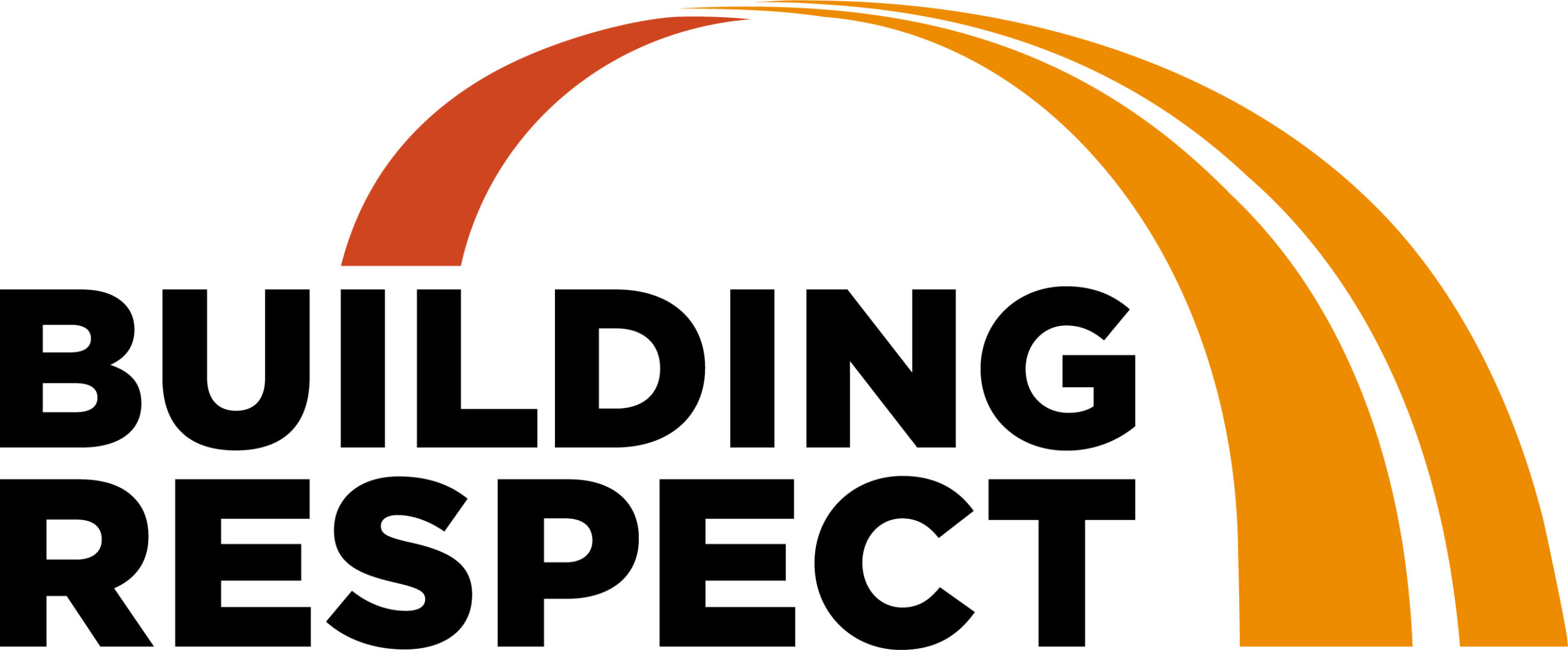I am concerned about my behaviour
It takes strength and courage to admit to using violence or control. You should not under-estimate how hard this can be. This is the first step towards changing your behaviour and being the partner, spouse or family member you can be.
Many people who are using Domestic and Family Violence in their relationships are able to change their behaviour. When you choose to seek help and change your behaviour, you can live a healthier life with happier relationships, as well as become a role model of positive behaviour for your children and others around you.
Domestic and Family Violence (DFV) is using abusive behaviour in a relationship. This can happen once but it’s usually a pattern of behaviour. Getting someone else to carry out the abuse for you is also considered DFV.
Abuse can include:
- controlling what your partner spends
- controlling who your partner talks to or spends time with
- making threats to harm your partner or someone else they care about
- pressuring your partner for sex
- being jealous and accusing your partner of being unfaithful to you for no reason
- controlling or preventing cultural or religious practices
- throwing objects during a disagreement
- put downs, name-calling or cruel jokes
- pushing, hitting or slapping
- constantly phoning and texting to check up on your partner.
Some common statements abusers may use to excuse or minimize the violence they perpetrate against their partners include:
“It wasn’t me, it was the alcohol/drugs that made me…” or “You made me do it”, “You know how to push my buttons.” or “I didn’t mean it” “I just lost control” “I won’t do it again.”
DFV is often a pattern of abusive behaviour used to control and/or coerce the other person. VIDEO: Help is Here Mensline Australia.
An insight for you
I am concerned about my behaviour
The warning signs
- Do you feel you have to control people by imposing your will?
- Do you have difficulty expressing your needs, resulting in you feeling stressed or powerless?
- Do you have a short fuse and a pattern of exploding?
- Do you get angry when you drink?
- Do you withdraw and say nothing until you can’t stand it anymore?
- Do you lack respect for your partner
- Have you been violent or abusive to a partner, family member or someone in your care?
- Does your partner need permission to speak to family or friends, or to spend money?
- Have you made a loved one or someone in your care afraid?
- Is your abusive or violent behaviour affecting your children?
If you are reading these questions and some of them apply to you, there is help and support available. Admitting you have a problem with abusive behaviour is the first step to changing your life. Only you can control your actions. Only you can end the violence. Only you can make the right choice to create a safe and positive future.
What are the consequences of abusive behaviour?
- Broken relationships.
- People you love, including your children, being hurt or scared of you.
- Losing the respect of your friends and family.
- Causing serious injury or death.
- A domestic violence order may be taken out against you.
- Criminal charges and prison time.
Don’t let abusive behaviour ruin your relationship, your family or your life.
What happens if you stop being abusive?
- You’ll develop more respectful, healthy and safe relationships.
- Your children will see your positive changes, which can influence how they handle their relationships.
- You may be able to repair some of the damage you have caused.
Everyone has the right to have relationships free from violence and abuse.
How can you start changing your behaviour?
- Talk to someone about where to get help
- Stop making excuses and blaming others for your behaviour.
- Learn how to build respectful relationships, free from violence and abuse
Where to get help
- DVConnect Mensline on phone 1800 600 636 (9am to 12 midnight, 7 days a week).
- DVConnect Womensline on phone 1800 811 811 (24 hrs a day, 7 days a week).
- Mens Line Australia on phone 1300 789 978 or live chat (24 hrs a day, 7 days a week).
- Lifeline on phone 13 11 14 (24 hours a day, 7 days a week).
- No To Violence (Men’s Referral Centre) on phone 1300 766 491or live chat 24 hrs a day
Or for more local support click here
Behaviour Change Programs
Changing for Good
Changing for Good is a free multi-session phone counselling service for men who want to develop healthy and respectful relationships with the people in their life.
This program is not suitable for men who are currently using physical violence. A Men’s Behaviour Change Program will work with men to develop strategies to stop using violence in their relationships. Find a behaviour change program near you.
Wallet Sized help card
- Wallet card for people who use violence (PDF)
- Wallet card for Aboriginal people who use violence (PDF)
- Wallet card for Torres Strait Islander people who use violence (PDF)
DVConnect Mensline is a free, confidential telephone counselling, referral, information and support, service for Queenslanders identifying as male, and who may be experiencing or using domestic and family violence. In the last financial year, DVConnect’s Mensline received almost 15,000 phone calls and referrals.
DVConnect’s Mensline offers counselling, referral, information and support for Men who are using violence in their relationships
- Men who are experiencing Domestic and Family Violence
- Others seeking support for men using or experiencing Domestic and Family Violence.
Information and support
What is Domestic and Family Violence?
I am affected by Domestic and Family Violence
I am a leader or manager wanting to learn more
I am supporting someone affected by violence
I am concerned about my behaviour
Building Respect at QMCA
If you think you may be impacted by Domestic and Family Violence, please contact your leader, manager or HR department for support.

